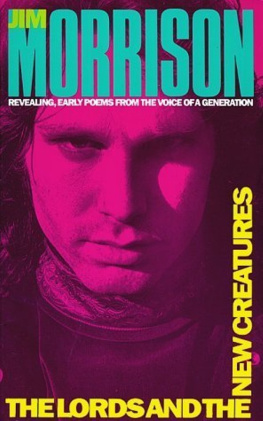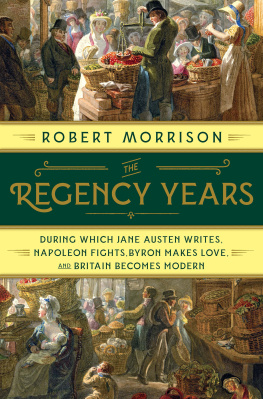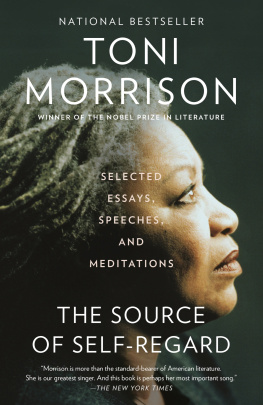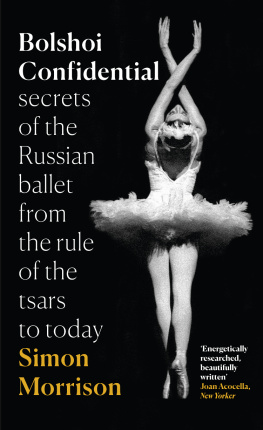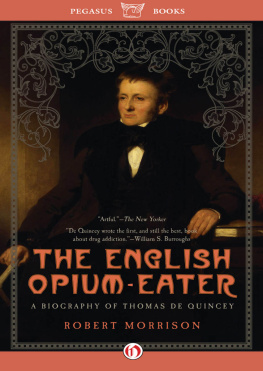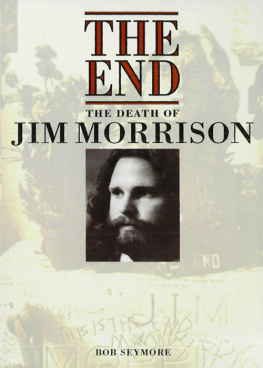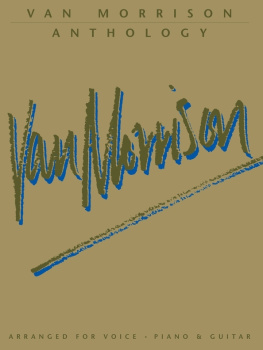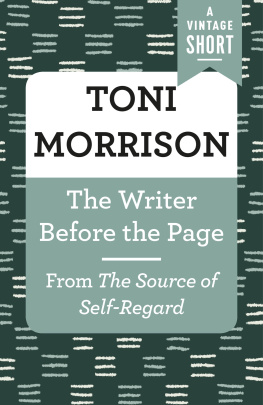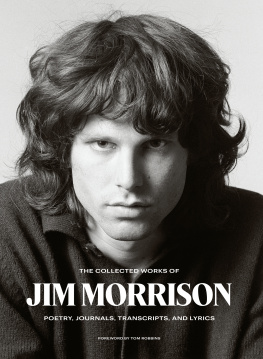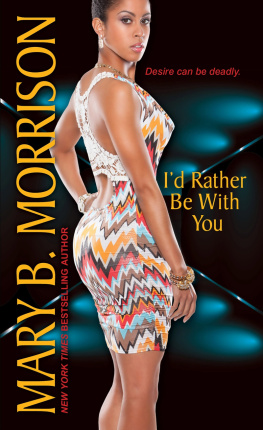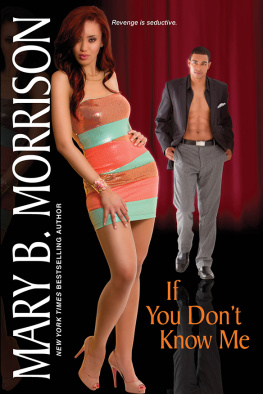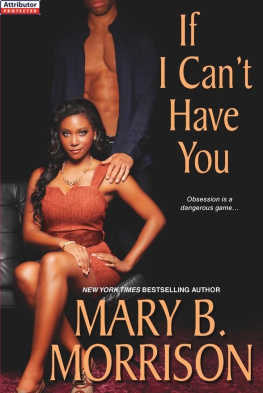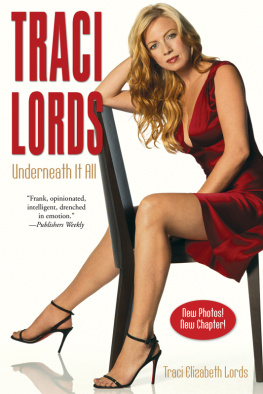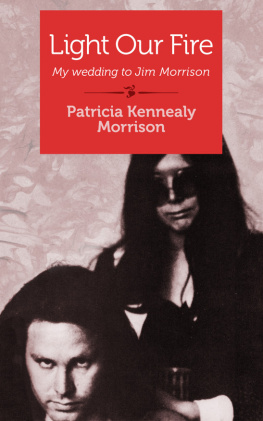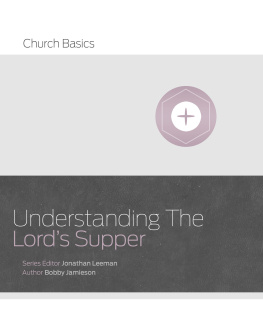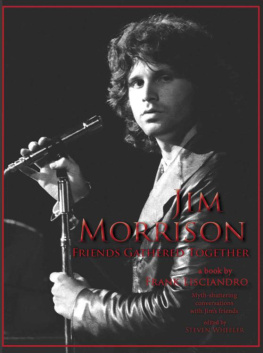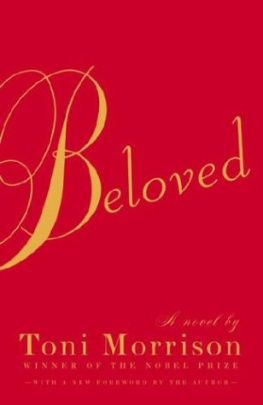Morrison - The Lords and the New Creatures
Here you can read online Morrison - The Lords and the New Creatures full text of the book (entire story) in english for free. Download pdf and epub, get meaning, cover and reviews about this ebook. year: 2019, genre: Detective and thriller. Description of the work, (preface) as well as reviews are available. Best literature library LitArk.com created for fans of good reading and offers a wide selection of genres:
Romance novel
Science fiction
Adventure
Detective
Science
History
Home and family
Prose
Art
Politics
Computer
Non-fiction
Religion
Business
Children
Humor
Choose a favorite category and find really read worthwhile books. Enjoy immersion in the world of imagination, feel the emotions of the characters or learn something new for yourself, make an fascinating discovery.
- Book:The Lords and the New Creatures
- Author:
- Genre:
- Year:2019
- Rating:3 / 5
- Favourites:Add to favourites
- Your mark:
- 60
- 1
- 2
- 3
- 4
- 5
The Lords and the New Creatures: summary, description and annotation
We offer to read an annotation, description, summary or preface (depends on what the author of the book "The Lords and the New Creatures" wrote himself). If you haven't found the necessary information about the book — write in the comments, we will try to find it.
The Lords and the New Creatures — read online for free the complete book (whole text) full work
Below is the text of the book, divided by pages. System saving the place of the last page read, allows you to conveniently read the book "The Lords and the New Creatures" online for free, without having to search again every time where you left off. Put a bookmark, and you can go to the page where you finished reading at any time.
Font size:
Interval:
Bookmark:
THE LORDS AND THE NEW CREATURES POEMS Jim Morrison CONTENTS I THE LORDS Notes on Vision II THE NEW CREATURES THE LORDS NOTES ON VISION Look where we worship. We all live in the city. The city formsoften physically, but inevitably psychicallya circle. A Game. A ring of death with sex at its center. Drive toward outskirts of city suburbs.
At the edge discover zones of sophisticated vice and boredom, child prostitution. But in the grimy ring immediately surrounding the daylight business district exists the only real crowd life of our mound, the only street life, night life. Diseased specimens in dollar hotels, low boarding houses, bars, pawn shops, burlesques and brothels, in dying arcades which never die, in streets and streets of all-night cinemas. When play dies it becomes the Game. When sex dies it becomes Climax. All games contain the idea of death.
Baths, bars, the indoor pool. Our injured leader prone on the sweating tile. Chlorine on his breath and in his long hair. Lithe, although crippled, bod/ of a middle-weight contender. Near him the trusted journalist, confidant. He liked men near him with a large sense of life.
But most of the press were vultures descending on the scene for curious America aplomb. Cameras inside the coffin interviewing worms. It takes large murder to turn rocks in the shade and expose strange worms beneath. The lives of our discontented madmen are revealed. Camera, as all-seeing god, satisfies our longing for omniscience. To spy on others from this height and angle: pedestrians pass in and out of our lens like rare aquatic insects.
Yoga powers. To make oneself invisible or small. To become gigantic and reach to the farthest things. To change the course of nature. To place oneself anywhere in space or time. To summon the dead.
To exalt senses and perceive inaccessible images, of events on other worlds, in one's deepest inner mind, or in the minds of others. The sniper's rifle is an extension of his eye. He kills with injurious vision. The assassin (?), in flight, gravitated with unconscious, instinctual insect ease, mothlike, toward a zone of safety, haven from the swarming streets. Quickly, he was devoured in the warm, dark, silent maw of the physical theater. Modern circles of Hell: Oswald (?) kills President.
Oswald enters taxi. Oswald stops at rooming house. Oswald leaves taxi. Oswald kills Officer Tippitt. Oswald sheds jacket. Oswald is captured.
He escaped into a movie house. In the womb we are blind cave fish. Everything is vague and dizzy. The skin swells and there is no more distinction between parts of the body. An encroaching sound of threatening, mocking, monotonous voices. This is fear and attraction of being swallowed.
Inside the dream, button sleep around your body like a glove. Free now of space and time. Free to dissolve in the streaming summer. Sleep is an under-ocean dipped into each night. At morning, awake dripping, gasping, eyes stinging. The eye looks vulgar Inside its ugly shell.
Come out in the open In all of your Brilliance. Nothing. The air outside burns my eyes. Ill pull them out and get rid of the burning. Crisp hot whiteness City Noon Occupants of plague zone are consumed. (Santa Ana's are winds ofF deserts.) Rip up grating and splash in gutters.
The search for water, moisture, "wetness" of the actor, lover. "Players"the child, the actor, and the gambler. The idea of chance is absent from the world of the child and primitive. The gambler also feels in service of an alien power. Chance is a survival of religion in the modern city, as is theater, more often cinema, the religion of possession. What sacrifice, at what price can the city be born? There are no longer "dancers the possessed.
The cleavage of men into actor and spectators is the central fact of our time. We are obsessed with heroes who live for us and whom we punish. If all the radios and televisions were deprived of their sources of power, all books and paintings burned tomorrow, all shows and cinemas closed, all the arts of vicarious existence... We are content with the "given in sensations quest. We have been metamorphosised from a mad body dancing on hillsides to a pair of eyes staring in the dark. Not one of the prisoners regained sexual balance.
Depressions, impotency, sleeplessness... erotic dispersion in languages, reading, games, music, and gymnastics. The prisoners built their own theater which testified to an incredible surfeit of leisure. A young sailor, forced into female roles, soon became the "town" darling, for by this time they called themselves a town, and elected a mayor, police, aldermen. In old Russia, the Czar, each year, granted- out of the shrewdness of his own soul or one of his advisors7a week7s freedom for one convict in each of his prisons. The choice was left to the prisoners themselves and it was determined in several ways.
Sometimes by vote, sometimes by lot, often by force. It was apparent that the chosen must be a man of magic, virility, experience, perhaps narrative skill, a man of possibility, in short, a hero. Impossible situation at the moment of freedom, impossible selection, defining our world in its percussions. A room moves over a landscape, uprooting the mind, astonishing vision. A gray film melts off the eyes, and runs down the cheeks. Farewell.
Modern life is a journey by car. The Passengers change terribly in their reeking seats, or roam from car to car, subject to unceasing transformation. Inevitable progress is made toward the beginning (there is no difference in terminals), as we slice through cities, whose ripped backsides present a moving picture of windows, signs, streets, buildings. Sometimes other vessels, closed worlds, vacuums, travel along beside to move ahead or fall utterly behind. Destroy roofs, walls, see in all the rooms at once. June 30th. June 30th.
On the sun roof. He woke up suddenly. At that instant a jet from the air base crawled in silence overhead. On the beach, children try to leap into its swift shadow. The bird or insect that stumbles into a room and cannot find the window. Because they know no "windows." Wasps, poised in the window, Excellent dancers, detached, are not inclined into our chamber.
Room of withering mesh read love's vocabulary in the green lamp of tumescent flesh. When men conceived buildings, and closed themselves in chambers, first trees and caves. (Windows work two ways, mirrors one way.) You never walk through mirrors or swim through windows. Cure blindness with a whore's spittle. In Rome, prostitutes were exhibited on roofs above the public highways for the dubious hygiene of loose tides of men whose potential lust endangered the fragile order of power. It is even reported that patrician ladies, masked and naked, sometimes offered themselves up to these deprived eyes for private excitements of their own.
More or less, we're all afflicted with the psychology of the voyeur. Not in a strictly clinical or criminal sense, but in our whole physical and emotional stance before the world. Whenever we seek to break this spell of passivity, our actions are cruel and awkward and generally obscene, like an invalid who has forgotten how to walk. The voyeur, the peeper, the Peeping Tom, is a dark comedian. He is repulsive in his dark anonymity, in his secret invasion. He is pitifully alone.
But, strangely, he is able through this same silence and concealment to make unknowing partner of anyone within his eye's range. This is his threat and power. There are no glass houses. The shades are drawn and "real" life begins. Some activities are impossible in the open. And these secret events are the voyeur's game.
He seeks them out with his myriad army of eyeslike the child's notion of a Deity who sees all. "Everything?" asks the child. "Yes, everything," they answer, and the child is left to cope with this divine intrusion. The voyeur is masturbator, the mirror his badge, the window his prey. Urge to come to terms with the "Outside/7 by absorbing, interiorizing it. I won7t come out, you must come in to me.
Next pageFont size:
Interval:
Bookmark:
Similar books «The Lords and the New Creatures»
Look at similar books to The Lords and the New Creatures. We have selected literature similar in name and meaning in the hope of providing readers with more options to find new, interesting, not yet read works.
Discussion, reviews of the book The Lords and the New Creatures and just readers' own opinions. Leave your comments, write what you think about the work, its meaning or the main characters. Specify what exactly you liked and what you didn't like, and why you think so.

